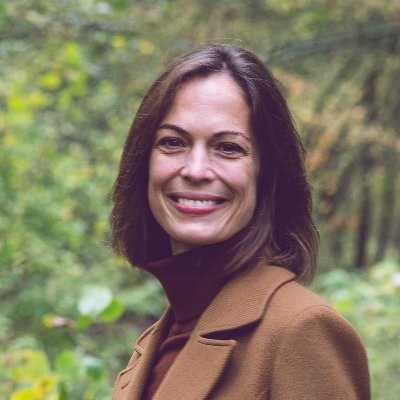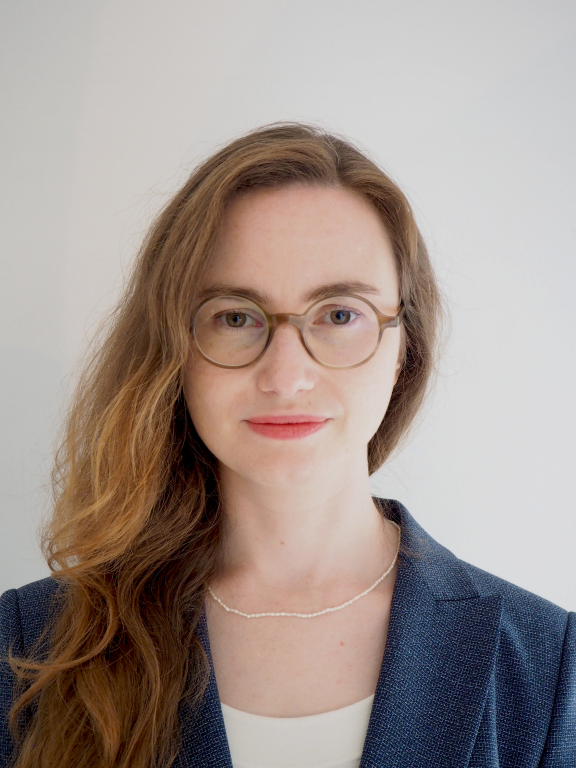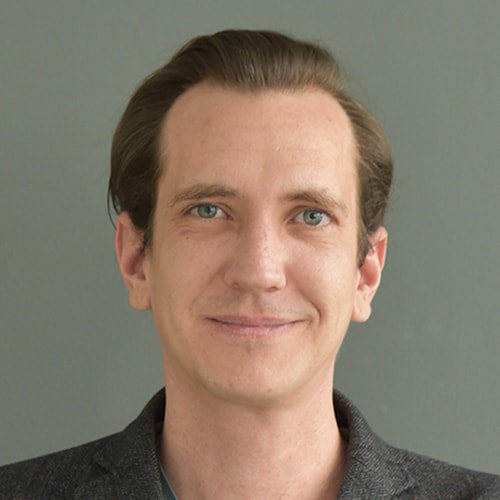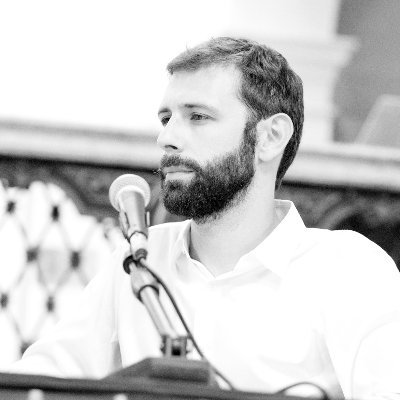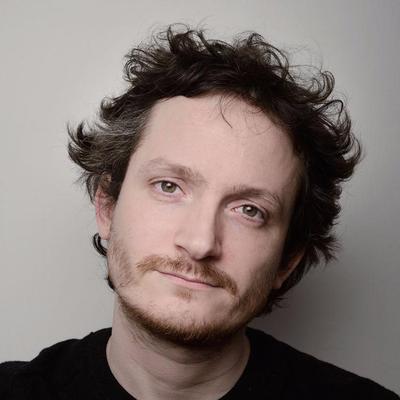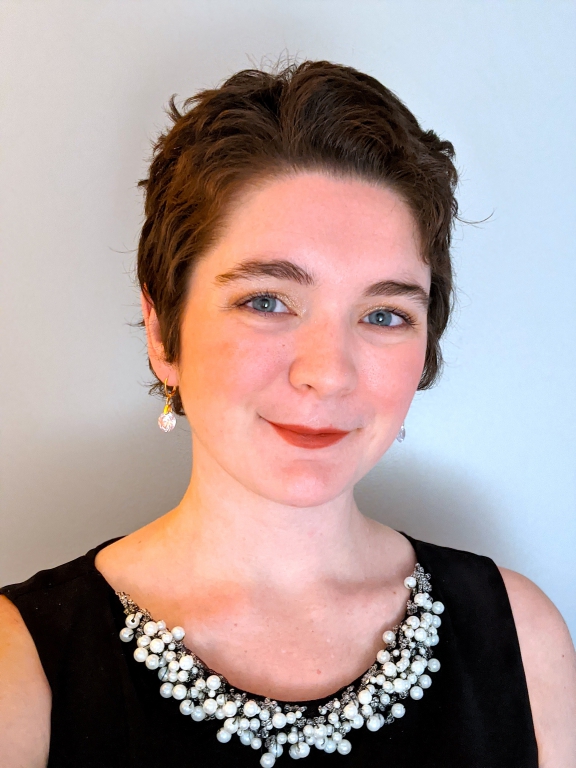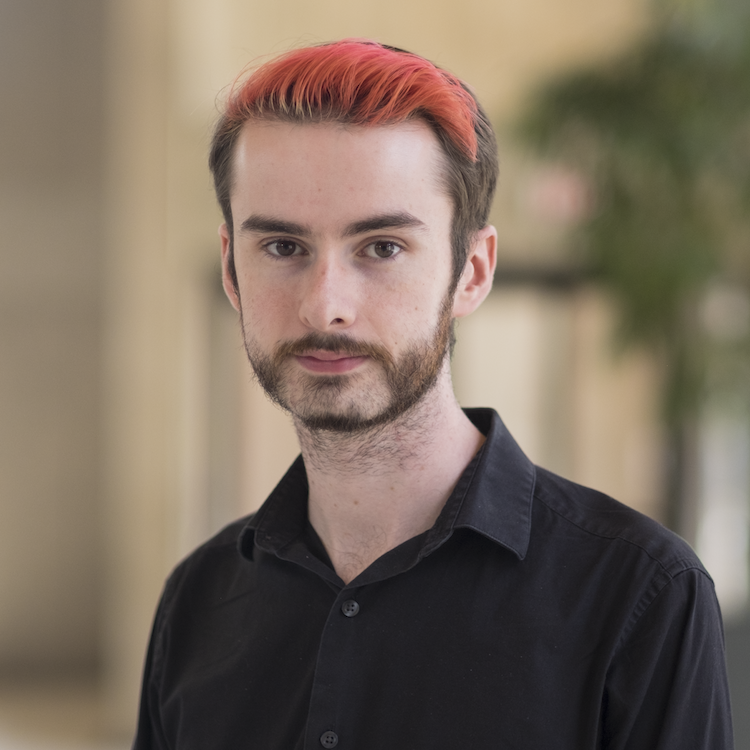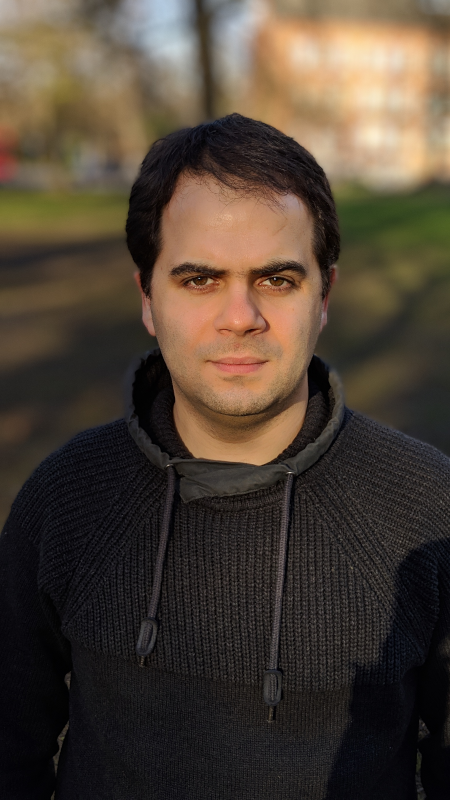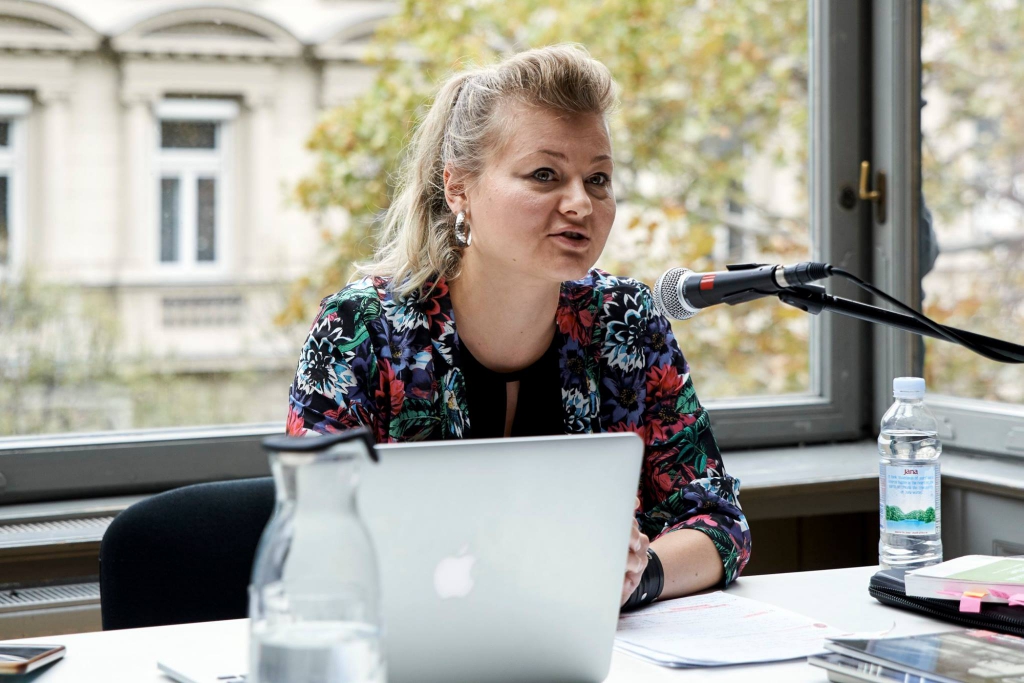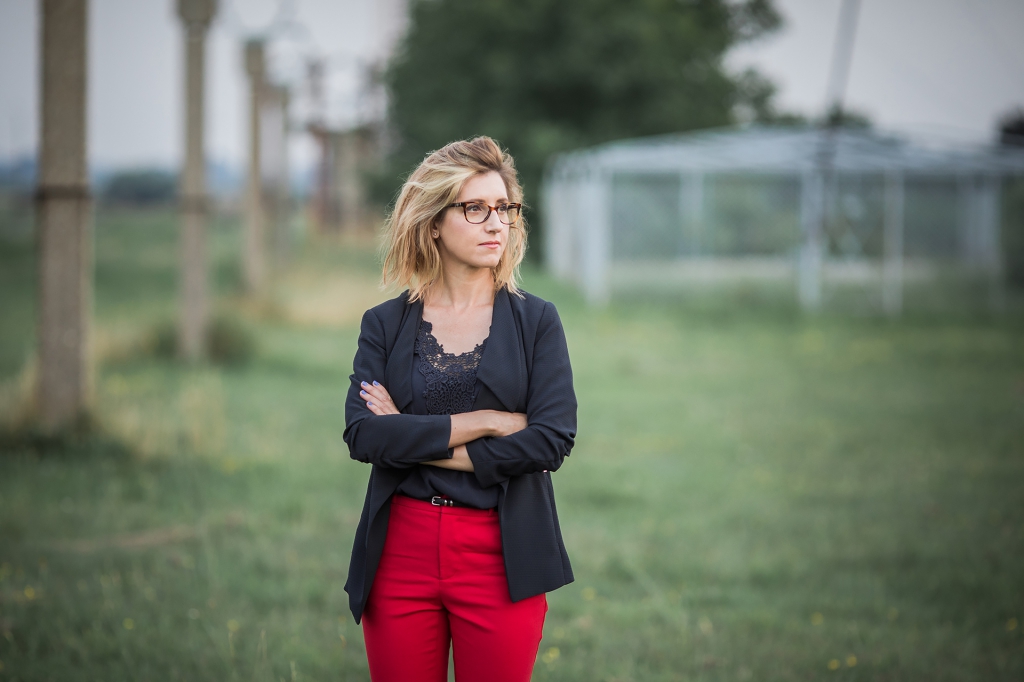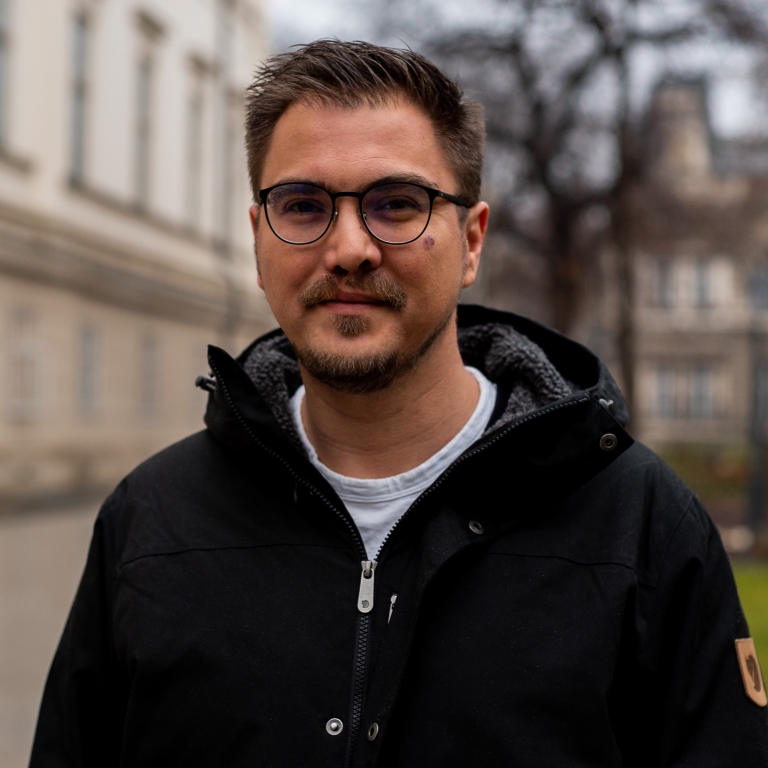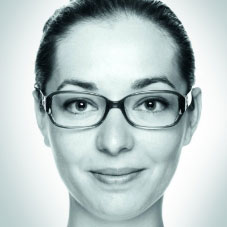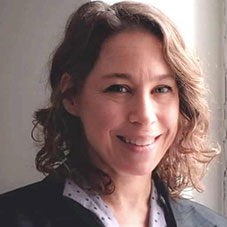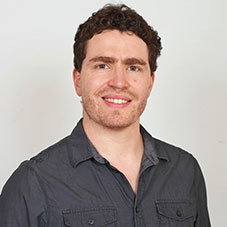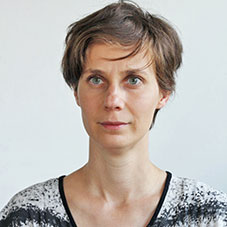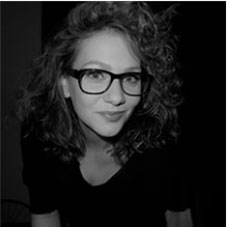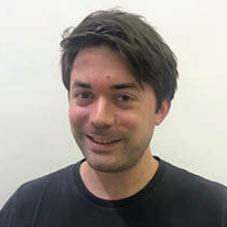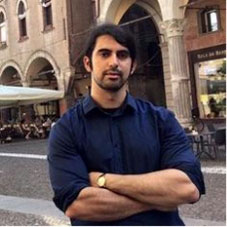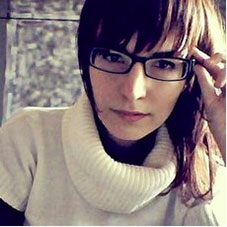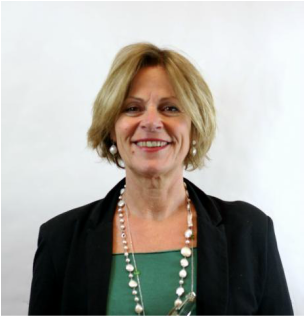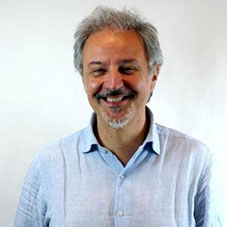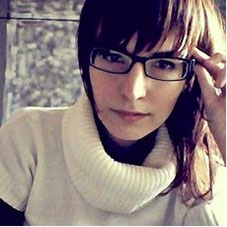Gerardo Iñiguez, PhD
Assistant Professor, CEU DNDS
Visiting Researcher, Aalto University (Finland) & UNAM (Mexico)
CEO & Co-founder, Predify (Mexico)
www.gerardoiniguez.com, @iniguezg
Games and computational social science:
A bridge between academia and industry
The aim of computational social science is to understand collective human behaviour by analysing data and making models of the digital traces we leave in the online world. The closing gap between off- and online activities (particularly in games, where people form social groups and create entire economies) allows us to perform this task better than ever, bringing both knowledge of the large-scale structure of society, and challenges in predicting the future behaviour of individuals. In this talk I’ll go through some of the ways gaming data has been used in computational social science research, as well as give an outlook on how online gaming platforms may help us understand the way societies transform and adapt to a changing environment.
Bio:
Gerardo Iñiguez is assistant professor at DNDS-CEU, Visiting Researcher at Aalto University (Finland) and UNAM (Mexico), and CEO & Co-founder at Predify (Mexico), where he uses large datasets of socioeconomic behaviour in social networks and other complex systems to develop mathematical models of collective dynamics, and give insights to academia and industry challenges. Gerardo has been data scientist at Next Games (Finland), assistant professor in computational social science (UNAM) and has a Ph.D. from Aalto University (computational science). His publications (dealing with spreading dynamics in social networks, opinion and deception in social interactions, conflict resolution in collaborative platforms, and hierarchy formation in complex systems) have been published in high-impact journals like Phys. Rev. Lett., Sci. Rep., Proc. R. Soc. B, and J. R. Soc. Interface. His research has attracted external funding from the World Bank, the EU, and the Academy of Finland, as well as attention from the complex systems community, the media, and the public. Find out more at www.gerardoiniguez.com and @iniguezg on Twitter.
Slides: Games and Computational Social Science

